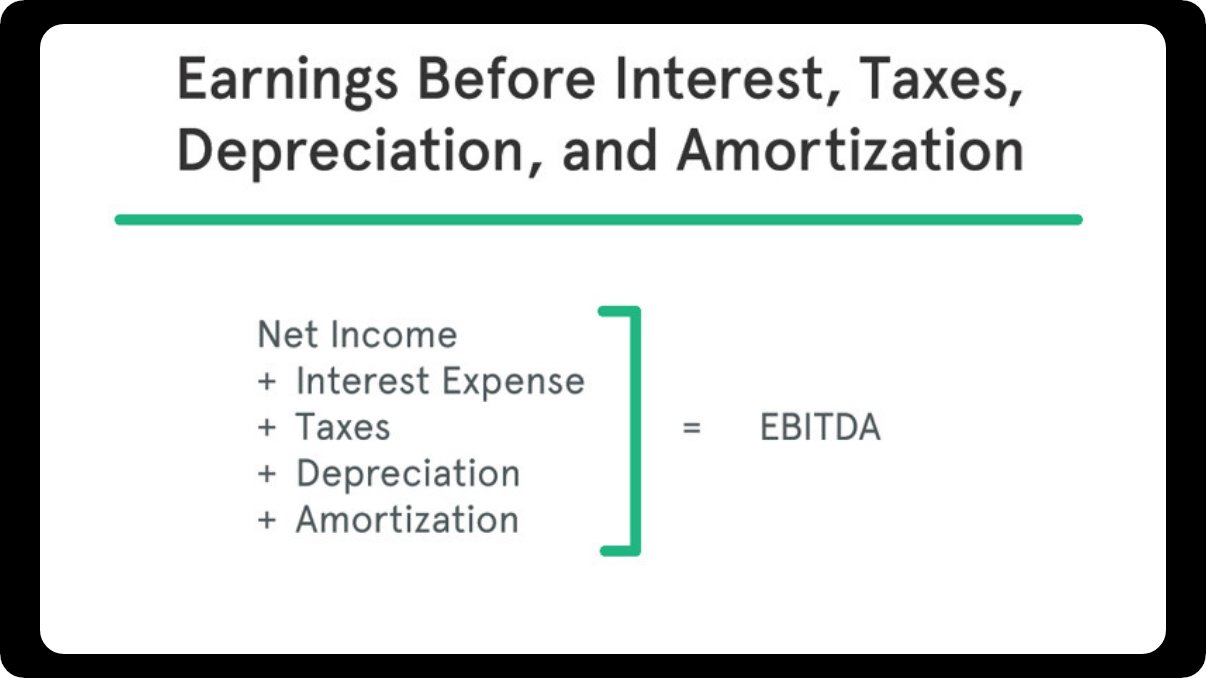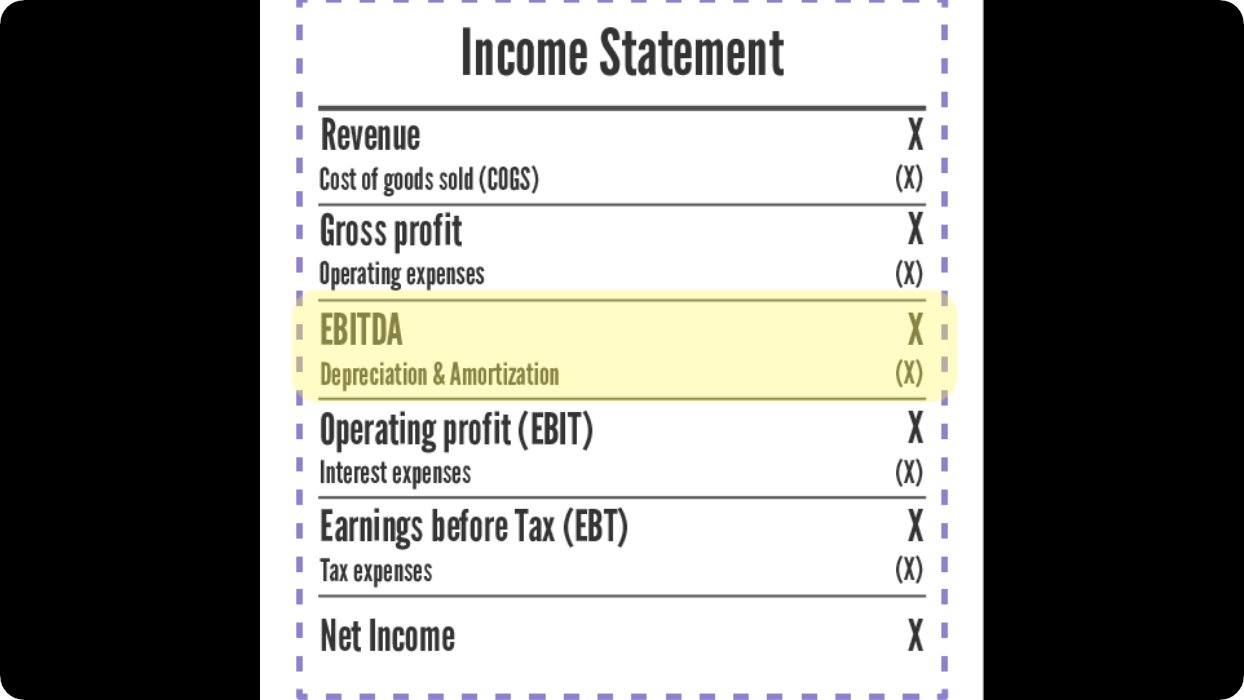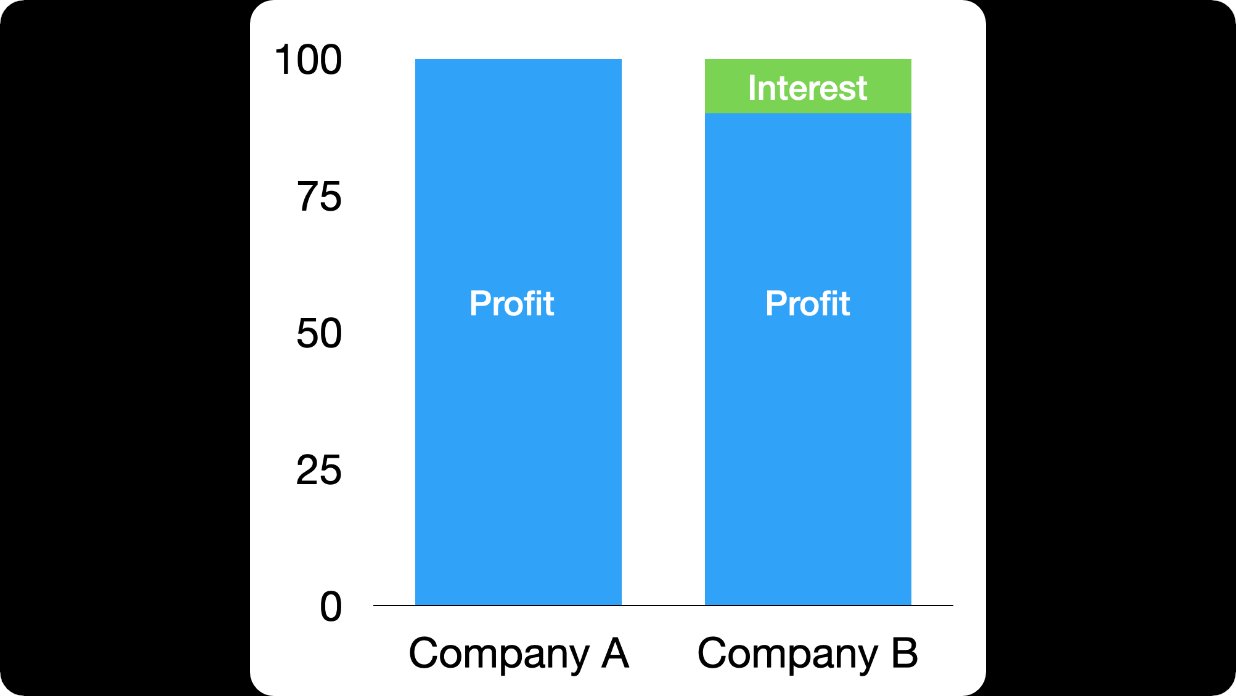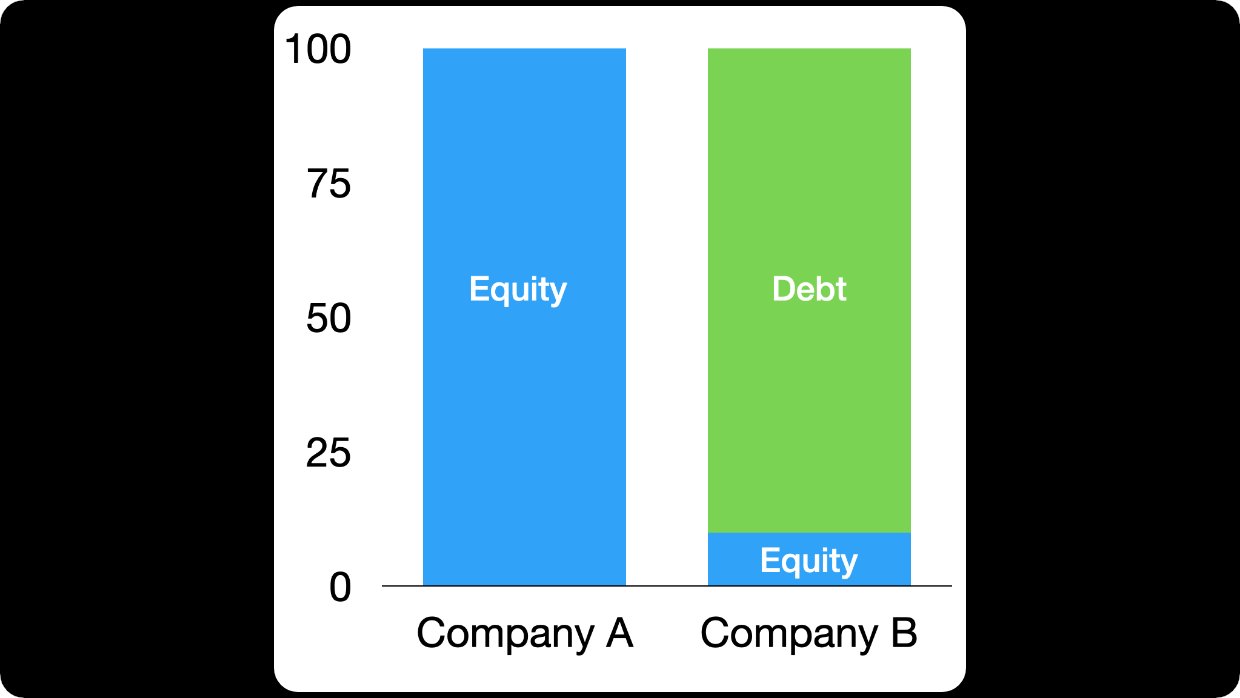Thread
What is EBITDA?
Why is it important?
Why is it important?
1/ What does it stand for?
EBITDA is an acronym that stands for:
Earnings
Before
Interest
Taxes
Depreciation
Amortization
EBITDA is an acronym that stands for:
Earnings
Before
Interest
Taxes
Depreciation
Amortization
2/ Not a GAAP measure
EBITDA is not a number that you will typically see on a company’s financial statements
It’s a measure that companies calculate separately in a 10K filing or one that you could calculate yourself
EBITDA is not a number that you will typically see on a company’s financial statements
It’s a measure that companies calculate separately in a 10K filing or one that you could calculate yourself
3/ What does it mean?
You probably have a good idea of what “Profit” is
Profit is what is left over after deducing expenses from a
company’s revenue
You probably have a good idea of what “Profit” is
Profit is what is left over after deducing expenses from a
company’s revenue
EBITDA is an adjusted measure of profit
You can calculate it as follows:
1) Start with Net Profit
2) Add: Interest, Taxes, Depreciation, Amortization
3) The result is EBITDA
You can calculate it as follows:
1) Start with Net Profit
2) Add: Interest, Taxes, Depreciation, Amortization
3) The result is EBITDA
4/ Is EBITDA better than earnings?
There is no right answer here. It depends on what you’re measuring
I’m fully expecting commentators in this thread quoting Warren Buffet to me saying something along the lines of “EBITDA is a useless measure”
There is no right answer here. It depends on what you’re measuring
I’m fully expecting commentators in this thread quoting Warren Buffet to me saying something along the lines of “EBITDA is a useless measure”
To answer this question, it’s worthwhile to understand:
(i) who invented EBITDA
(ii) who uses EBITDA
(i) who invented EBITDA
(ii) who uses EBITDA
5/ Who invented EBITDA?
EBITDA was invented by someone who you've probably never heard of but has had a huge impact on your life: John Malone
John Malone is a billionaire cable operator and investor
EBITDA was invented by someone who you've probably never heard of but has had a huge impact on your life: John Malone
John Malone is a billionaire cable operator and investor
John Malone was hell-bent on lowering net income (via interest and depreciation) to pay less tax
So he convinced his investors and lenders to focus on “cash flow” and ignore earnings
So he convinced his investors and lenders to focus on “cash flow” and ignore earnings
In the process, John invented a proxy calculation to quickly arrive at cash flow
By simply focusing higher up the income statement - that’s how he invented EBITDA
By simply focusing higher up the income statement - that’s how he invented EBITDA
6/ Who uses EBITDA?
From personal experience working in equity research
I can tell you that valuations multiples using EBITDA are more frequently used than valuation multiples using earnings
From personal experience working in equity research
I can tell you that valuations multiples using EBITDA are more frequently used than valuation multiples using earnings
Folks who work in private equity will tell you the same thing:
Focus on EBITDA, not earnings
Why is this?
Focus on EBITDA, not earnings
Why is this?
It’s because EBITDA is an un-levered (before debt) measure
This means EBITDA doesn’t care about how much debt you use to finance your business (that’s why you add back interest)
Let’s look at an example to understand this better:
This means EBITDA doesn’t care about how much debt you use to finance your business (that’s why you add back interest)
Let’s look at an example to understand this better:
Let’s assume that you have two companies:
Company A and Company B
Both companies are exactly the same in every aspect:
(i) same industry
(ii) same financial performance
(iii) same size
Company A and Company B
Both companies are exactly the same in every aspect:
(i) same industry
(ii) same financial performance
(iii) same size
Company A raises money from investors but has no debt and makes $100K in profit/year
Company B doesn’t raise money but instead uses debt and makes $90K in profit/year after deducting $10K in interest costs per year
Is Company A better than Company B?
Company B doesn’t raise money but instead uses debt and makes $90K in profit/year after deducting $10K in interest costs per year
Is Company A better than Company B?
No. The two companies are just “funded” differently.
• Company A used equity
• Company B used debt
Funding decisions are not fixed and to a certain extent could be changed
• Company A used equity
• Company B used debt
Funding decisions are not fixed and to a certain extent could be changed
Company A chose to dilute its shareholders and raise equity
Company B decided not to dilute shareholders and use debt
There is nothing stopping Company B from:
• Raising money from investors
• Paying back the debt it carries
• Be as profitable as Company A
Company B decided not to dilute shareholders and use debt
There is nothing stopping Company B from:
• Raising money from investors
• Paying back the debt it carries
• Be as profitable as Company A
Hence, the reason why most professionals in private equity use EBITDA to make comparisons between companies
EBITDA adjusts for how a company is funded making comparisons on an apples-to-apples basis
EBITDA adjusts for how a company is funded making comparisons on an apples-to-apples basis
TL;DR:
1. EBITDA is a non-GAAP measure
2. You can calculate EBITDA yourself
3. EBITDA is more frequently used than earnings for valuations
4. EBITDA is an un-levered measure
5. EBITDA ignores how a company is funded
1. EBITDA is a non-GAAP measure
2. You can calculate EBITDA yourself
3. EBITDA is more frequently used than earnings for valuations
4. EBITDA is an un-levered measure
5. EBITDA ignores how a company is funded
Want to improve your understanding of investing and finance?
Sign up for the course I’m creating with @10Kdiver
10kdiver.com/courses/BIBO/
Sign up for the course I’m creating with @10Kdiver
10kdiver.com/courses/BIBO/
@10kdiver If you enjoyed this thread, retweet it so other people can benefit!
Follow @AliTheCFO
I tweet about:
• Finance
• Business Frameworks
• Personal Growth
Follow @AliTheCFO
I tweet about:
• Finance
• Business Frameworks
• Personal Growth




